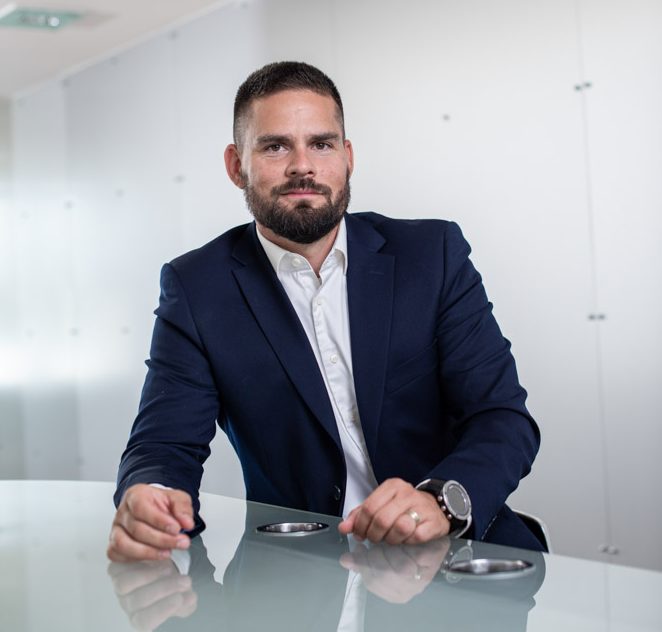
When COVID-19 hit the labour market, major changes were inevitable. Fatigue and lay-offs, damage to companies’ reputations and bankruptcies were the result. Fortunately, the challenges of the new normal can be met and prepared for by developing an organisation’s capacity to manage risk.
In November 2020, there was one thing the construction and hospitality sectors had a common: Finland’s Ministry of Social Affairs and Health defined COVID-19 as a biological hazard class 3. From then on, every employer was required to identify the risks posed by the virus and to maintain a list of people in the workplace who had been exposed to it.
We bring security and peace of mind to the workplace.
“In the past, this was the norm in places like labs where hazardous biological agents are handled. Now it’s also the responsibility of banks or ad agencies to investigate and identify these sorts of dangerous risks. If the company’s own expertise is insufficient, the Finnish Occupational Safety and Health Act requires companies to use external services”, says Juhani Mäkinen, security expert and one of the founders of the Takana security and risk management company.
One of the tools provided by Takana is the COVID-19 risk management plan, which also serves as the organisation’s health and safety plan. It effectively manages the uncertainty caused by COVID-19 and enables business continuity.
“Risk management, risk-based decision-making and security management should be part of the culture at every company. Identifying risks is the key step towards improving the feeling of security”, says Mäkinen.
Security is in everyone’s interest
The health security plan has three objectives, to ensure the security of personnel, to provide continuity management and take social responsibility. Missing, incomplete or otherwise poor guidelines means questions will be asked and harbours distrust of the employer. Being proactive will ensure employees get involved and improve the employer’s image.
Many organisations have found it challenging to keep pace with new regulations and have sometimes tried to cut corners.
“For example, cafe owners might think that putting hand sanitisers on display and reminding people about hygiene is enough to get them off the hook. However, if ventilation is inadequate, or the space too small, hand hygiene alone is of no use”, says Mäkinen.
Experts provide peace of mind to workplaces
When a crisis like COVID-19 strikes, a company’s own resources and expertise might prove inadequate. By outsourcing the job to a security expert, the business can focus on safeguarding its own core operations.
“We bring peace of mind and security to the workplace by making complex issues manageable and providing clear and easy steps so that decisions can be made. We train the organisation to maintain its security and plan”, promises Mäkinen.